Psychedelics have long shown promise for treating a host of mental illnesses, but legal issues are still slowing the process to make it a reality. Now scientists have identified a compound, named AAZ-A-154, that provides only the benefits.
Scientists from the University of California, Davis believe AAZ-A-154 has the potential to repair chemical pathways in the brain. Treatments could be beneficial to those suffering from depression, post-traumatic stress disorder (PTSD), and other related conditions.
“One of the problems with psychedelic therapies is they require close guidance and supervision from a medical team,” says study co-author Dr. David Olson, a chemist at UC Davis, in a statement. “A drug that doesn’t cause hallucinations could be taken at home.”
Experiments using a fluorescent sensor called psychLight showed it activates a gene that makes serotonin – the body’s “feelgood” hormone. The most common antidepressants – such as Prozac – also work by triggering the serotonin 2A receptor.
“Serotonin reuptake inhibitors have long been used for treating depression. But we don’t know much about their mechanism. It’s like a black box,” says senior author Lin Tian, an associate professor in the Department of Biochemistry and Molecular Medicine in Davis’ School of Medicine. “This sensor allows us to image serotonin dynamics in real time when animals learn or are stressed and visualise the interaction between the compound of interest and the receptor in real time.”
The study reports there is no hallucinogenic impact of AAZ-A-154 – and therefore no nasty comedown.
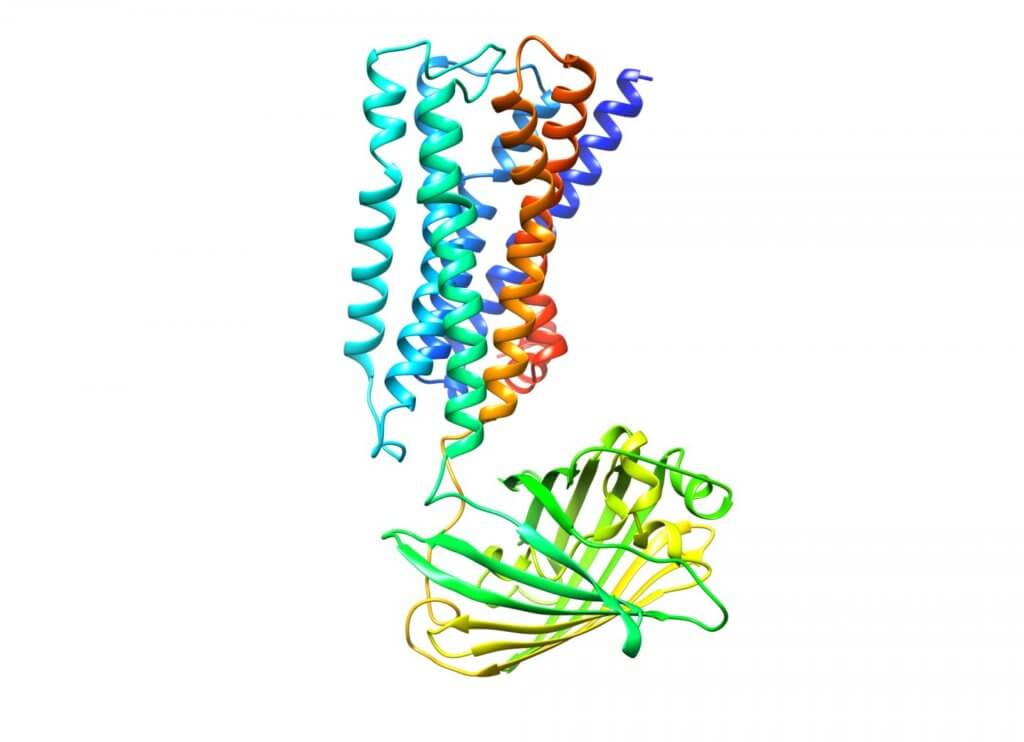
“This paper was an exceptionally collaborative effort,” says Olson, whose lab is focused on drug discovery. “My lab is really interested in the serotonin 2A receptor – which is the target of both psychedelic drugs and classic antipsychotics. Lin’s lab is a leader in developing sensors for neuromodulators like serotonin. It just made perfect sense for us to tackle this problem together.”
The serotonin 2A molecule belongs to a class of genes called GPCRs (G protein-coupled receptors).
Experts believe one of the advantages of psychedelic drugs is they promote neural plasticity – allowing the brain to rewire itself. It opens the door to a medication that works in a single dose or a small number – rather than having to be taken indefinitely. But patients having to undergo a “psychedelic trip” raises ethical and health concerns.
“More than one-third of all FDA-approved drugs (Food and Drug Administration) target GPCRs,” says Tian. “So this sensor technology has broad implications for drug development.”
It was backed by the National Institutes of Health mapping initiative called BRAIN (Brain Research Through Advancing Innovative Neurotechnologies).
“The special funding allowed us to take a risky and radical approach to developing this technology,” adds Tian. “It could open the door to discovering better drugs without side effects and studying neurochemical signaling in the brain.”
Mental illness affects an estimated billion people across the world with depression the most common type, blighting the lives of 250 million. Previous research has shown psilocybin, a constituent of psychedelic ‘magic mushrooms’, quickly reduces symptoms – but also causes side effects.
The study is published in the journal Cell.
Report by Mark Waghorn, South West News Service
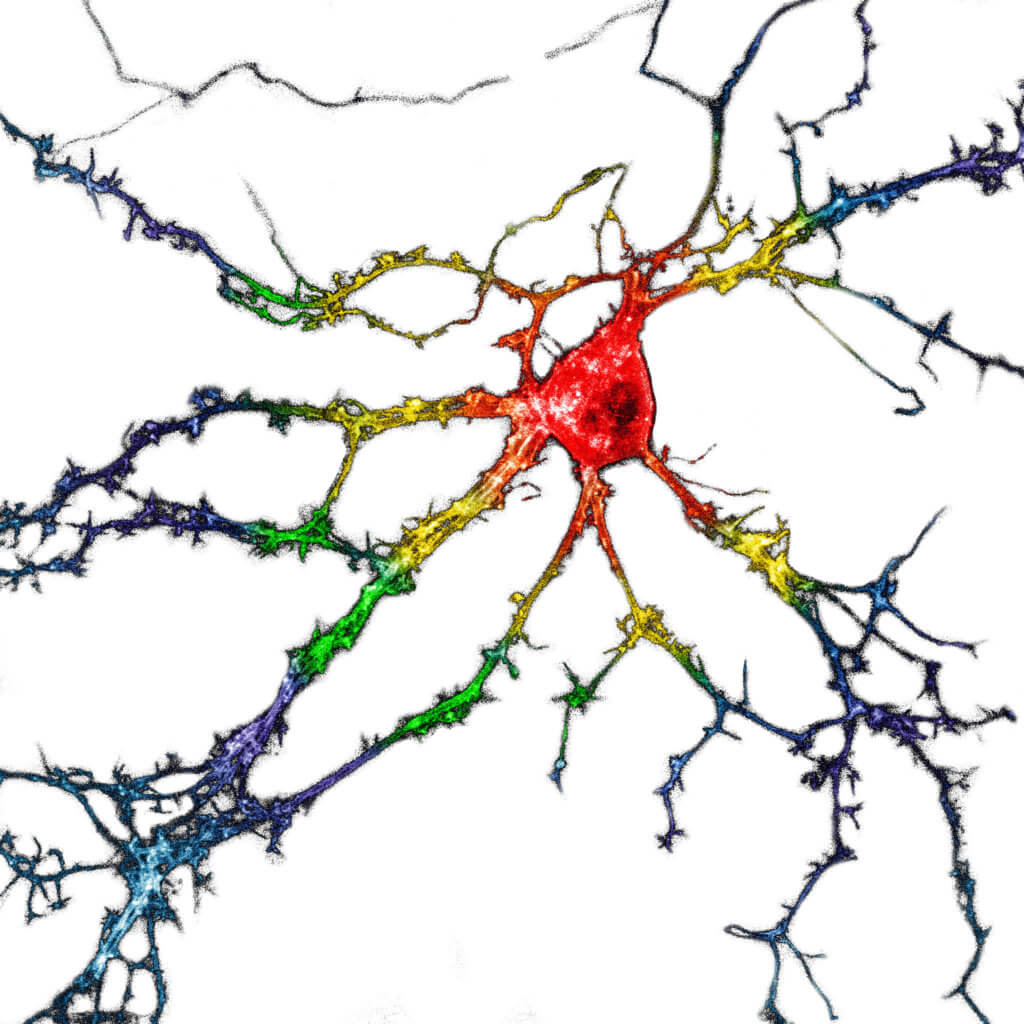
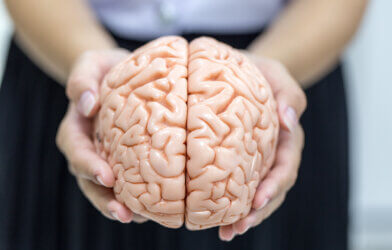


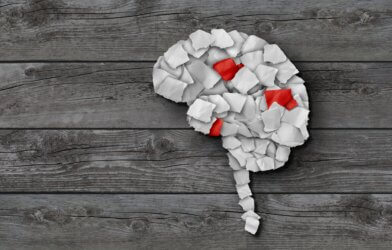
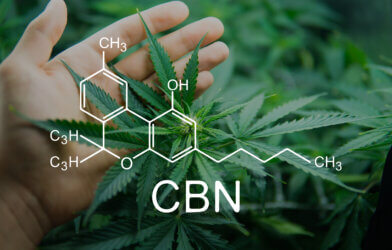







I am in complete agreement of the study of psilocybin. I have taken the so called drug, magic mushrooms myself. They honestly made me the happiest I’ve ever been in my life. I felt like I was a child again and everything was so beautiful and in real life these same things are truly beautiful, but humans are way too busy to appreciate them as they grow older because of all the responsibility of everyday life weighing down on them. I hope this drug gets approved because I know I’d be the first in line to ask for it to help me. I’ve suffered through many traumatic events in my life and depression is the one thing standing in the way of me accomplishing great things.
The claim that a “medical team” would be necessary to take psychedelics is absolutely preposterous. Ketamine therapy is certainly done at home with very minimal oversight done remotely. You can do everything through telemedicine.
This is just scientists with an obvious agenda to push.
How is there a negative come down? Perhaps you are confused with MDMA.
What side effects do psilocybin cause? Nausea for some people but that is a side effect common in a vast amount of pharmaceutical drugs.